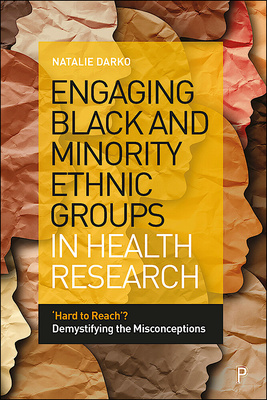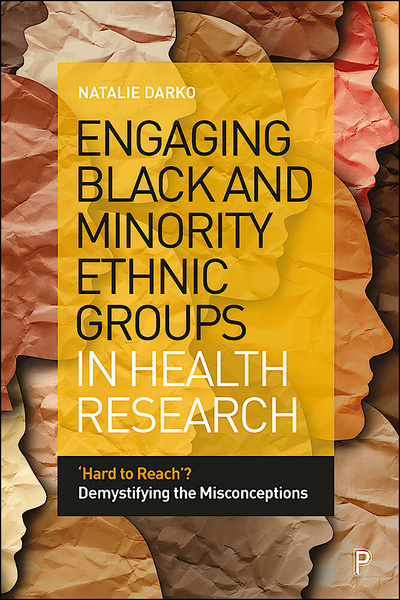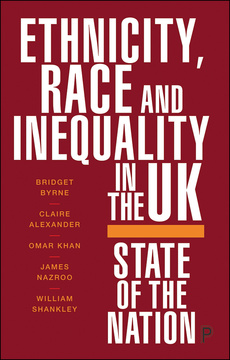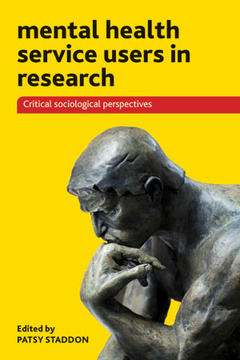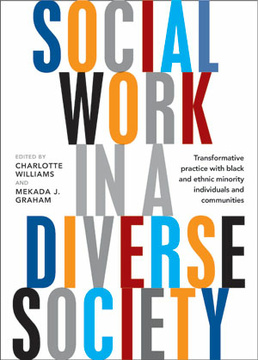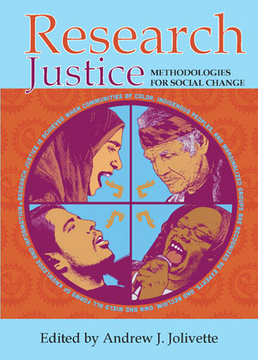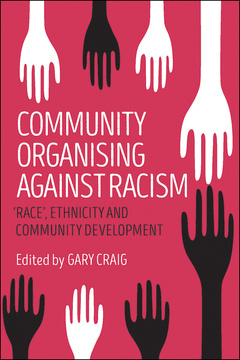Engaging Black and Minority Ethnic Groups in Health Research
‘Hard to Reach’? Demystifying the Misconceptions
By Natalie Darko
Published
Dec 13, 2022Page count
184 pagesISBN
978-1447359135Dimensions
234 x 156 mmImprint
Policy PressPublished
Jul 7, 2021Page count
184 pagesISBN
978-1447359128Dimensions
234 x 156 mmImprint
Policy PressPublished
Jul 7, 2021Page count
184 pagesISBN
978-1447359142Imprint
Policy PressPublished
Jul 7, 2021Page count
184 pagesISBN
978-1447359142Imprint
Policy PressIn the media
On our blog: Are black and minority ethnic groups vaccine-hesitant and ‘hard to reach’?
In this crucial contribution to current debates, Natalie Darko exposes the misconception that health research and health services are equally effective for all and highlights their failures in engaging with Black and Minority Ethnic (BME) groups.
Drawing on case studies, this book presents essential examples of culturally tailored recruitment, engagement and partnerships with BME groups in research and public engagement. Drawing attention to the organisational, structural and cultural barriers that prevent access for BME groups, this important book exposes the practices within health research, clinical practice, commissioning and health services that perpetuate the stereotyping of BME groups as ‘hard to reach’.
"This timely book distinguishes itself from traditional textbooks by naming the historical and present-day structures driving racial and ethnic health disparities through exclusion from U.K.-based health research. It holds promise as a foundational text for future generations of early career scholars." Journal of Public Health Policy
"In this highly readable short book, Natalie Darko has succeeded not only in addressing past and current analytical flaws, she has effectively made the case for necessary changes in approach.” Julian Harrison, Equality and Diversity Consultant and Author
"This book provides critical insights into health inequities and race in Britain today. In doing so, it sheds light on the effects on, and stigmatisation of, Black and Minority Ethnic groups during the COVID-19 pandemic." Paul Ian Campbell, University of Leicester
Natalie Darko is Associate Professor at the Stephen Lawrence Research Centre at De Montfort University.
Introduction
1. Concepts and Misconceptions
2. Race, Ethnicity and Health Inequalities
3. Improving Research on Race, Ethnicity and Health Inequalities
4. Importance of Intersectionality
5. Case Study: “We are not hard to reach; you are just not reaching us!” Understanding intersectionality and the prevention and management of Type 2 Diabetes amongst British African-Caribbean Women
6. South-Asian and BME migrant women’s experiences of culturally tailored women-only physical activity programme for improving participation, social isolation and well-being
7. Experiences of health and well-being during periods of fragile citizenship amongst African-Caribbean migrant groups
Conclusion
Bibliography







